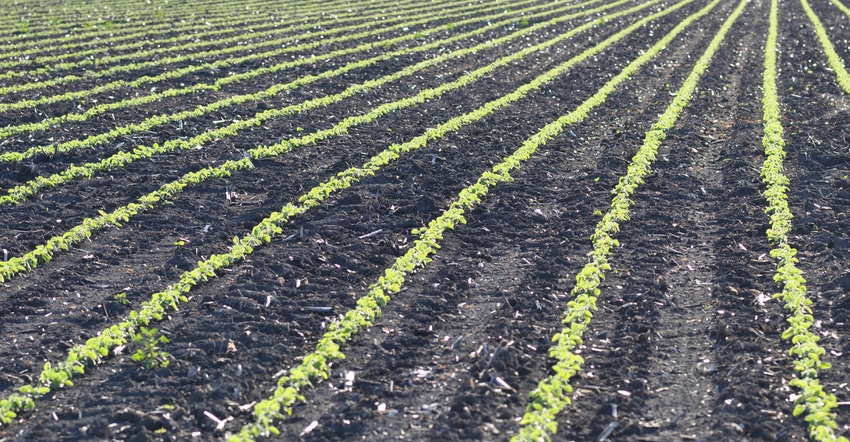
When tractors start to roll in the spring, the goal is to get tillage and planting done as quickly, efficiently and accurately as possible. Success has a lot to do with the planning that happens before. Here are five areas that farm managers, landowners and farmers are concerned about as people head to the fields.
1. Fertilizer. The goal of a good fertilizer program is to maintain adequate fertility levels that maximize production if the weather provides the opportunity this year. The questions needing answered are many. Did you get the right amounts of fertilizer and lime applied in the fall and winter, or do you need to make some adjustments yet this spring to maintain adequate soil fertility levels? Do you need to change fertility plans because of changing crop plans? Do you need to make arrangements to have lime hauled and stockpiled for fall application? Do you need to arrange for soil fertility tests this year?
2. Nitrogen management. Landowners and farmers are continually encouraged to make nitrogen applications as “environmentally friendly” as possible. Was all of the nitrogen fall-applied, and was a stabilizer used? Do you plan to spring-apply nitrogen, and how? Will you split-apply nitrogen? If so, what types, amounts and when? Who will perform the application(s), and is the correct equipment available?
3. Seed selection. You want the correct mix of corn hybrids and soybean varieties to match your fields to optimize yields — at a good price! Did you get the genetics you needed to match your fields and methods, or do you need to check with other companies for similar seed characteristics? Do you have the seed treatments you need to match your environment? Now is a good time to check and compare prices, because seed price does not necessarily correspond to yield in the end, and prices can vary significantly from farmer to farmer.
4. Herbicides. You are looking for the most “cost-effective” way to produce a good and profitable crop. Non-GMO, GMO, Roundup Ready, LibertyLink, Roundup Ready 2 Xtend — what seed did you buy to match which herbicide program? Will you use a preplant or preemergence herbicide, and will it be extended-control or season-long control? Or will a second or third spray application be needed?
If you are planning for the new dicamba programs, are you ready? Have you arranged for a buffer for nearby non-dicamba-resistant soybeans? Monsanto’s website for the new trait is roundupreadyxtend.com. The company received approval for XtendiMax herbicide with VaporGrip Technology in November. BASF received approval for Engenia herbicide in December.
5. Crop insurance. Do you need or want the income from your farmland investment? If so, are you using the correct product and desired level of coverage? Will less costly enterprise units or whole farm coverage work as well as optional units? Will the available adjustments that improve your guarantee — such as trend adjustment, yield adjustment and yield exclusion — be of value to you?
There is much to consider when building your farm’s crop plan. Partner with trusted advisers to make the most informed decisions possible. Most importantly, plans need to be flexible and nimble. A crop and operating plan formulated in February may need to be modified several times before the crop is harvested. Have an enjoyable and successful 2017 season!
Cude is a farm manager and certified crop adviser with Farmers National Co., Nashville. Houmes is a farm manager and real estate broker with Heartland Ag Group, Springfield. Both are members of the Illinois Society of Professional Farm Managers and Rural Appraisers, whose members regularly contribute to this column. Have a farm management question or topic you’d like addressed? Email Carroll Merry at [email protected].
About the Author(s)
You May Also Like




